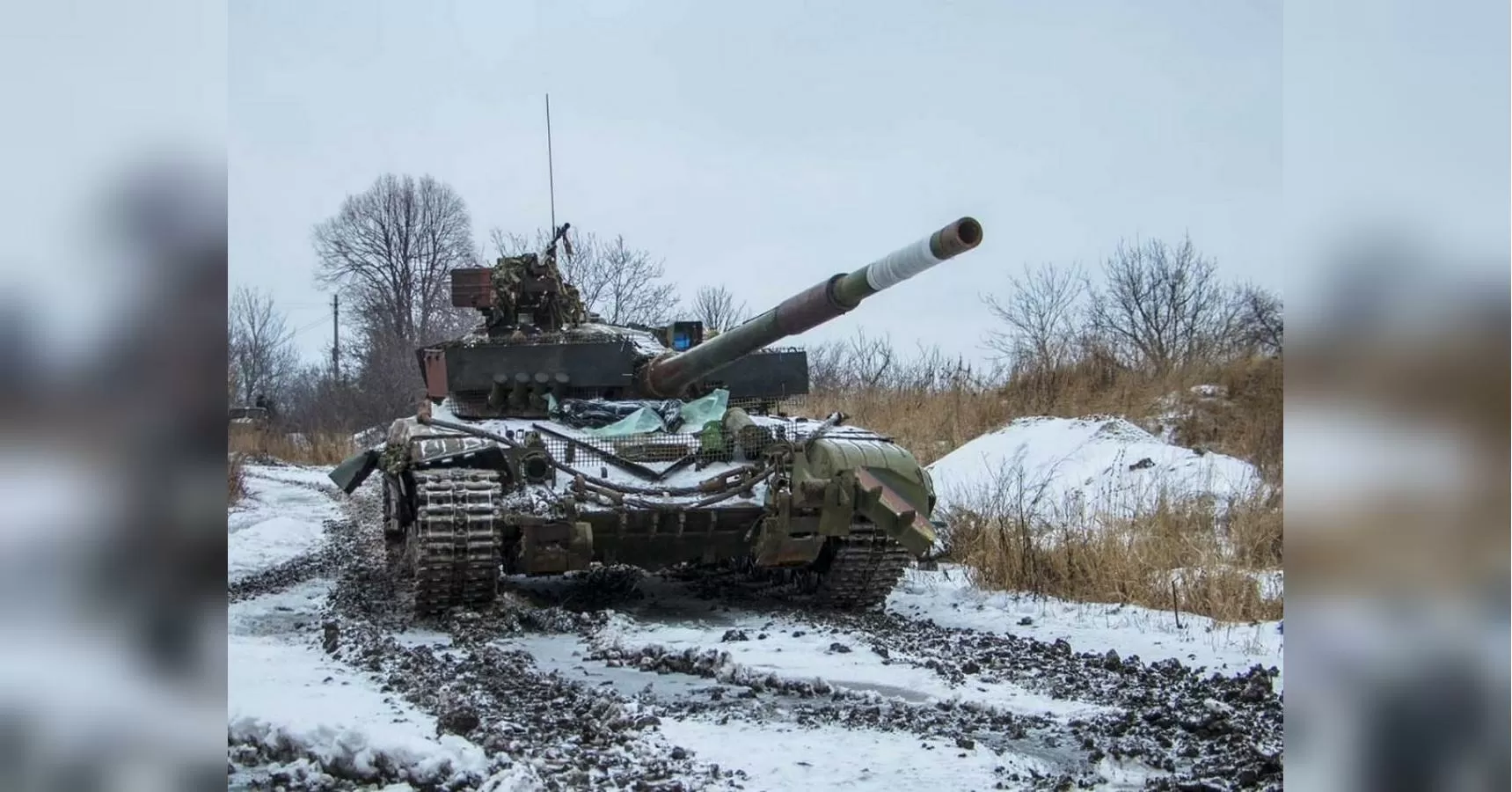According to Carlo Masala, a German political scientist and professor at the University of the Bundeswehr in Munich, the only way to prevent further aggression from Russian President Vladimir Putin is through coordinated actions by NATO.
In recent years, Putin’s actions have raised concerns among NATO member countries and the international community. From annexing Crimea to supporting separatist rebels in eastern Ukraine, and from interfering in foreign elections to conducting cyber attacks, Putin’s aggressive behavior has become a major threat to global security.
In an interview with German newspaper Die Welt, Masala emphasized the importance of NATO’s unity and collective response to Putin’s actions. He stated that «only a coordinated and united response from NATO can deter Putin from further aggression.» Masala also warned that if NATO fails to act together, it will only embolden Putin and lead to more aggressive actions from Russia.
Masala’s statement comes at a crucial time when tensions between NATO and Russia are at an all-time high. The recent military buildup by Russia along its borders with Ukraine and the Baltic states has raised concerns about a potential invasion. In response, NATO has increased its military presence in the region and conducted military exercises to show its readiness to defend its member countries.
However, Masala believes that NATO needs to do more than just show its military strength. He argues that NATO needs to have a clear and unified strategy to counter Putin’s aggressive actions. This includes strengthening its military capabilities, increasing its presence in vulnerable regions, and developing a comprehensive response plan in case of a Russian attack.
Masala also stresses the importance of NATO’s political unity in dealing with Putin. He believes that NATO needs to speak with one voice and present a united front against Russian aggression. This means that all member countries need to be on the same page and support each other in their actions against Russia.
Furthermore, Masala suggests that NATO should engage in dialogue with Russia to find a peaceful solution to the ongoing conflicts. He believes that a diplomatic approach, along with a strong military deterrent, can help prevent further aggression from Putin. However, he also warns that NATO should not make any concessions to Russia and should stand firm on its principles and values.
Some may argue that Masala’s views are too harsh and that NATO should not provoke Russia further. However, Masala believes that Putin’s actions have already crossed the line, and it is crucial for NATO to take a strong stance against his aggression. He also points out that Putin’s ultimate goal is to weaken NATO and divide its member countries, and the only way to prevent this is through a united and coordinated response.
In conclusion, Carlo Masala’s statement highlights the importance of NATO’s unity and collective response in dealing with Putin’s aggression. As tensions between NATO and Russia continue to escalate, it is crucial for NATO to have a clear and unified strategy to counter any potential threats from Russia. Only through a strong and coordinated approach can NATO effectively deter Putin and maintain global security.

